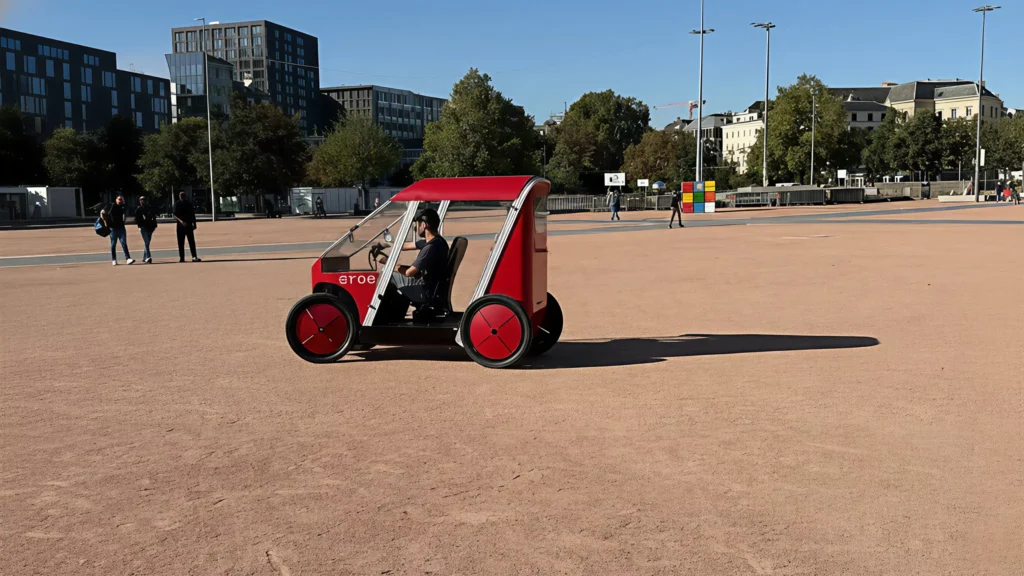
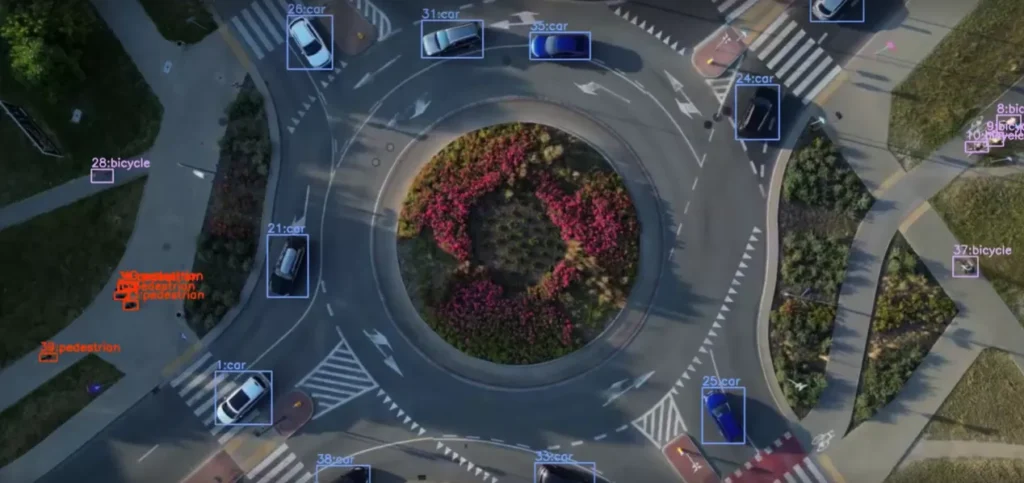
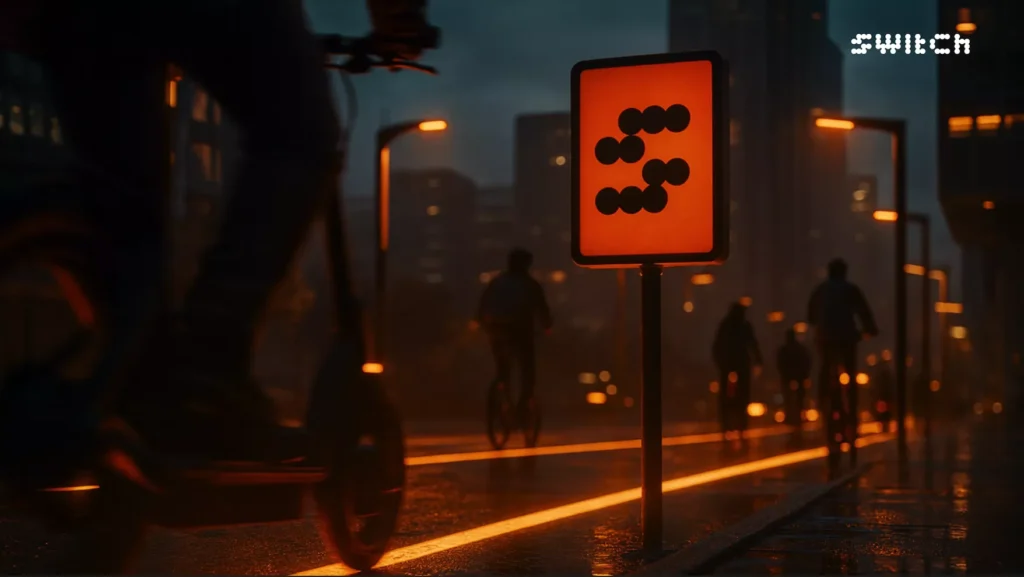



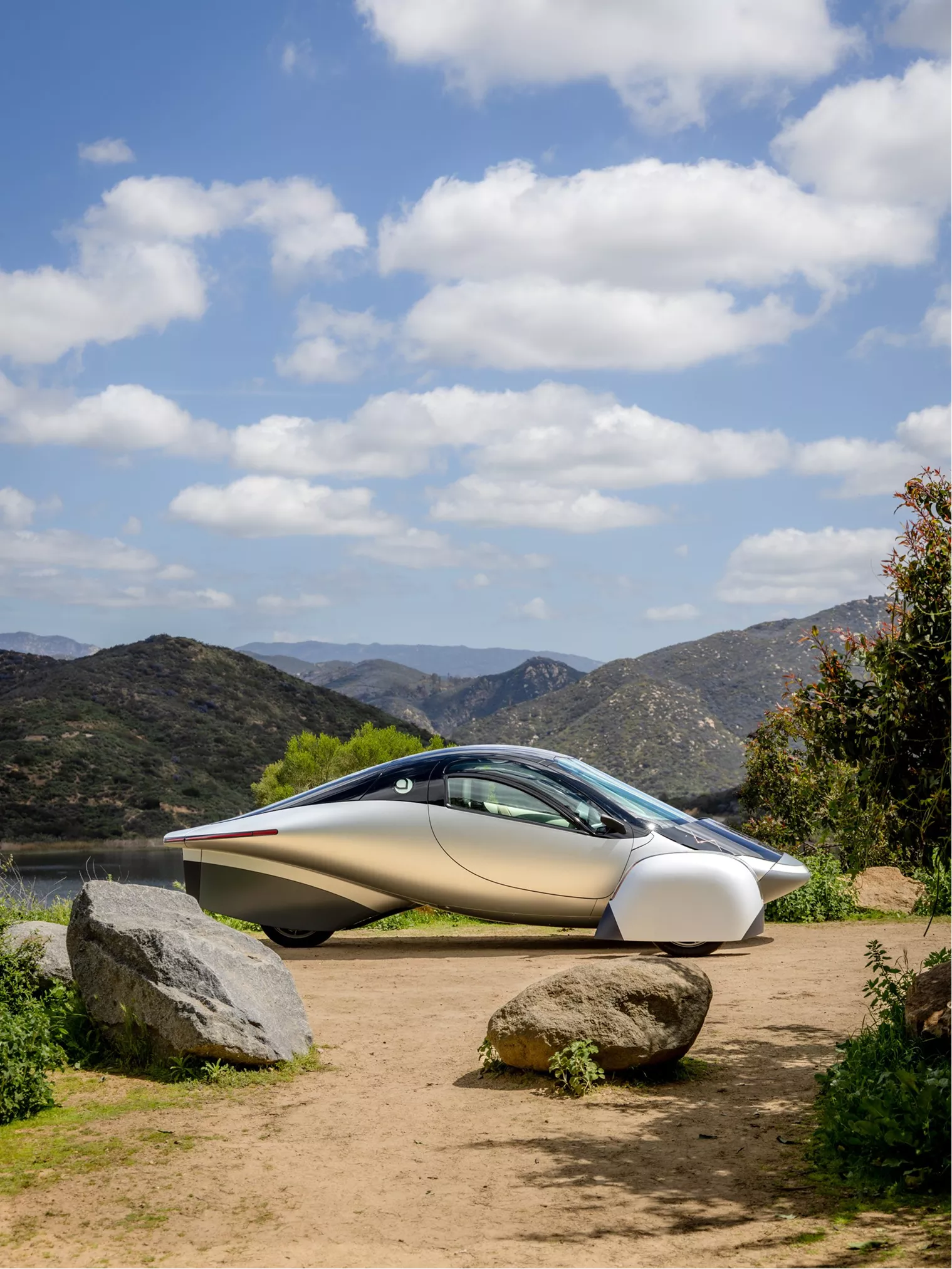
From EVs and batteries to autonomous vehicles and urban transport, we cover what actually matters. Delivered to your inbox weekly.
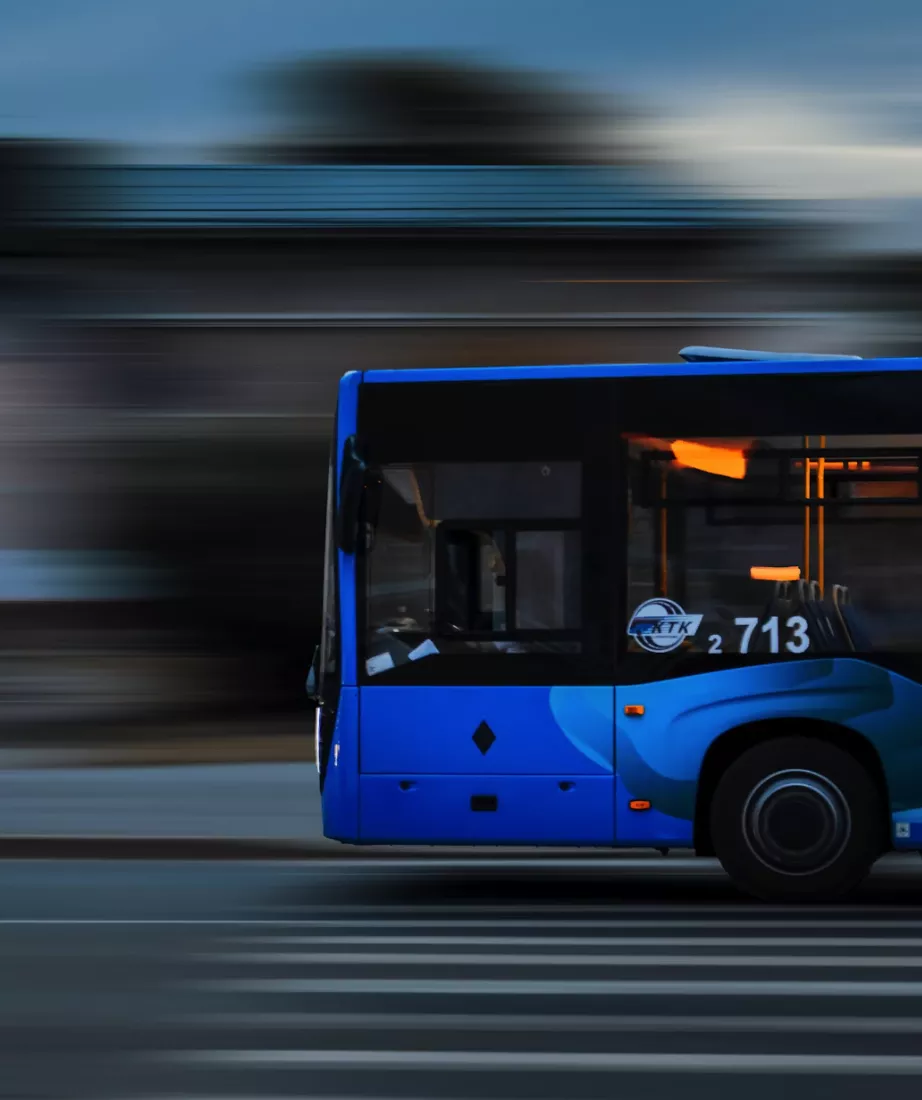
Yutong, China’s largest bus maker, has signed a contract to supply 400 electric buses to Pakistan in what will be the country’s biggest purchase of new energy vehicles to date. But this is much more than a simple fleet upgrade.
The four Yutong models – H9, H12, E9, and E12PRO – weren’t retrofitted EVs. They were purpose-built for the realities of Pakistan’s roads: extreme heat, monsoon rains, and consistently high passenger loads in cramped urban routes.
The buses are powered by Yutong’s DMT and YEA platforms, designed to optimize energy use and minimize mechanical stress, even under punishing conditions.
The buyer is Wah Industries Limited, a commercial offshoot of Pakistan’s military industrial apparatus. In volume terms, the deal locks in Yutong’s dominance. The company already plays an outsized role in Pakistan’s premium bus segment, with over 3,000 units on the road and more than 70% market share.
But what makes the deal relevant now is what these buses will replace. Many of Pakistan’s city buses are aging diesel models, Hot, unreliable, and heavy polluters. Replacing even a few hundred with modern EVs could shift the dynamics of public trust in transit, and more tangibly, improve air quality where it’s needed most.
There’s also a material impact on policy. For Punjab province, where most of these vehicles will operate, the shift helps meet urban emissions goals and ease fuel demand at a time when the country’s import bill is under pressure. The provincial government has signaled that this isn’t a one-off, but a starting point for electrification efforts across other regions.
At the official unveiling in Lahore, Punjab’s transport minister called the deal “a crucial step” toward cleaner, more reliable mobility. And it is, both in terms of scale and fit-for-purpose design.
Electric buses aren’t new to South Asia. But purpose-engineered fleets, ordered at scale and aligned with regional needs, are rare. Pakistan’s approach could now set a template for what scalable electrification looks like in other emerging markets.